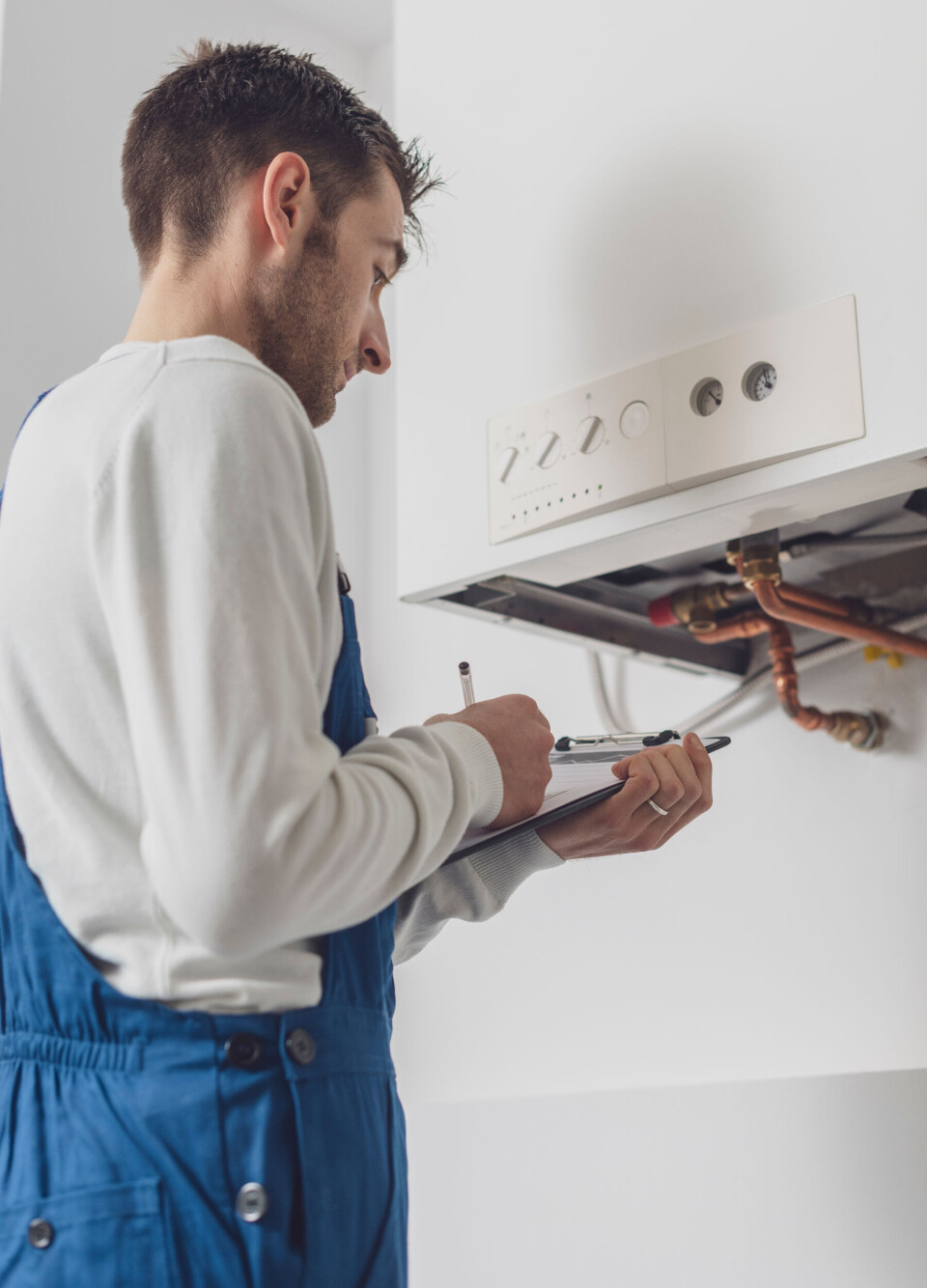-
Britons are the largest foreign community of second-home owners in Nouvelle Aquitaine
See which other departments in the region are popular with British nationals
-
French second-home visa issues raised in House of Lords
British people experience an "expensive and bureaucratic process" to continue living in France
-
Second-home owners: French MPs and senators relaunch efforts for visa concessions
French lawmakers push for a simpler process for Britons post-Brexit
Boiler service among tenant’s responsibilities when renting in France
We take a look at who is liable for tax, bills, maintenance and repairs when letting a property

The end of taxe d’habitation on main homes has raised the issue of who pays what if French properties are rented out.
Since it was scrapped on primary residences this year, tenants are not usually liable for any property taxes.
One exception is for people who rent out a second home for a year or more – in which case, the tenant, not the owner, must pay taxe d’habitation.
Read more: Second-home tax move confirmed and four other French property updates
The main remaining property tax, taxe foncière, is paid by the owner. However, there is a separate charge for rubbish removal, called the taxe d’enlèvement des ordures ménagères (TEOM).
This is normally collected with the taxe foncière but the cost can be passed on by the landlord to the tenant. Other monthly charges for services they use, such as electricity, gas, water, telephone, and internet, are also paid by the tenant.
They are responsible for réparations locatives too – a broad category of routine maintenance and minor repairs.
Maintenance of equipment
Most important among these are those linked to the maintenance of equipment in the house, whether it be having the boiler serviced, the chimney swept, or a sink unblocked. Maintenance of a boiler should be done once a year, though there is no legal obligation for installations that are only for heating hot water (not heating the home) and are powered by electricity.
Changing a calcified shower head, repairing cracked grouting in bathroom tiling, polishing a wooden floor, sticking wallpaper or changing a fuse in an electricity board are other examples that have been cited at various times in the courts as being a tenant’s responsibility.
If the rental includes a garden, then keeping gutters in good condition, mowing the lawn, and keeping plant beds free of weeds are also for the tenant to do, or to pay someone else to do.
One exception is if there is a ‘green wall’ – a wall designed to have plants growing in it – in which case, it is the owner’s responsibility to look after it.
Terraces and other built elements outside, such as paving stones, are the tenant’s responsibility, especially cleaning them to avoid the build-up of moss and algae. They should also make sure gates are oiled and kept in good condition, repainting them if necessary.
Read more: Refrigerated French lorry trailers get new life as buildings
Responsibilities for House Maintenance
If the house has old windows, it is the tenant who has to replace cracked putty in them and, of course, any panes broken during the course of the lease.
Where there is no mains sewerage, emptying the fosse septique when necessary is also the tenant’s responsibility – but repairs to the tank and pipes fall on the owner.
The maintenance of doors and windows, including replacing broken locks and lost keys, is the job of the tenant.
The owner of the property is responsible for gros travaux – usually large investments in the property. These can include replacing doors and windows, or other elements that are part of the structure, such as installing or replacing insulation in walls or ceilings. Changing an electricity meter, drains, or a heating system are all considered the owner’s responsibility.
They are also responsible for making sure there is a working smoke alarm in the house when it is rented out – but the tenant is responsible for its batteries, testing, and general upkeep.
Related articles
French former prison transformed into a hotel
New housing market blow, key box crackdown: 5 French property updates
Brittany second home ‘ban’, gutter dispute: 5 French property updates
























